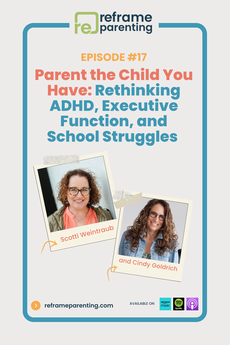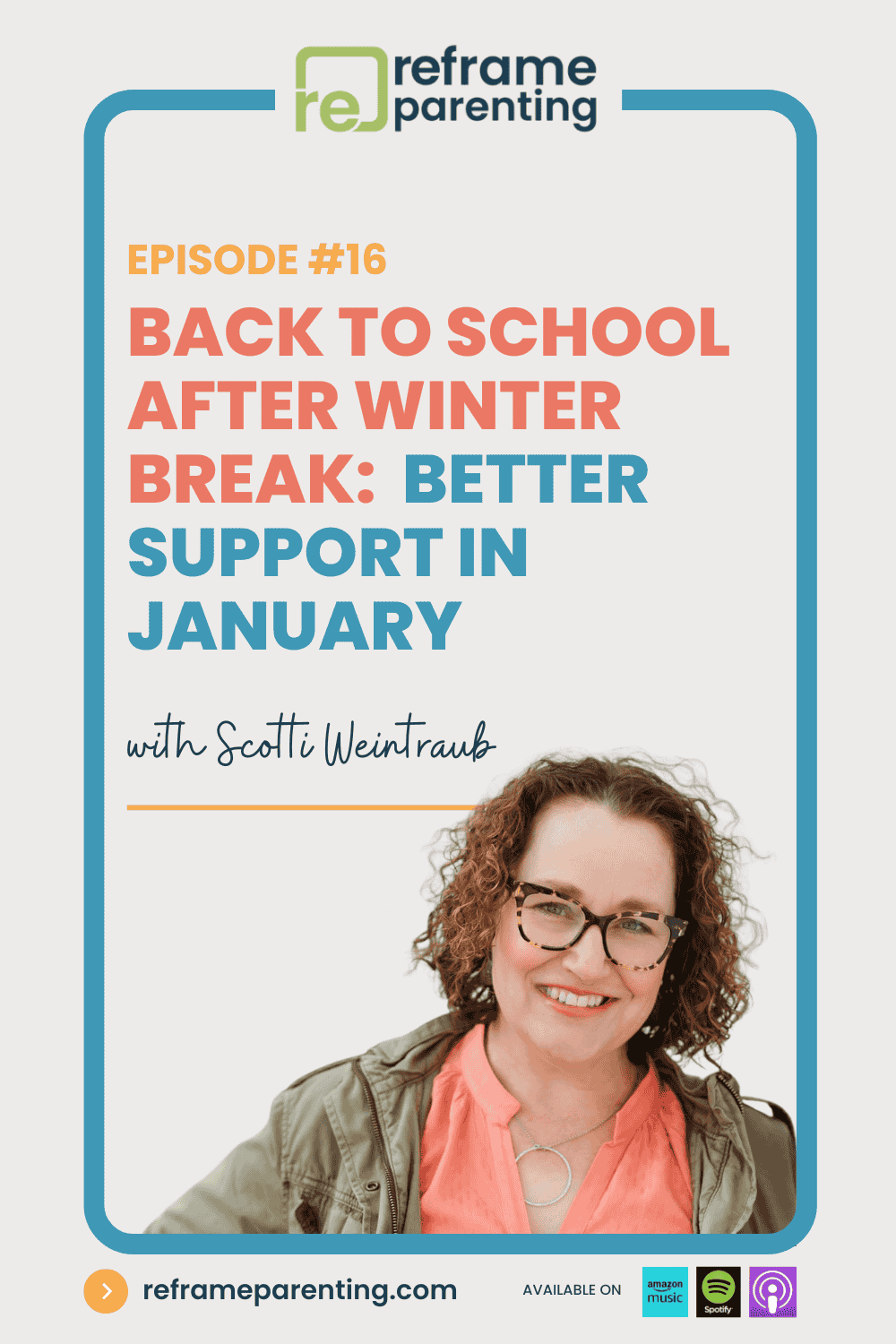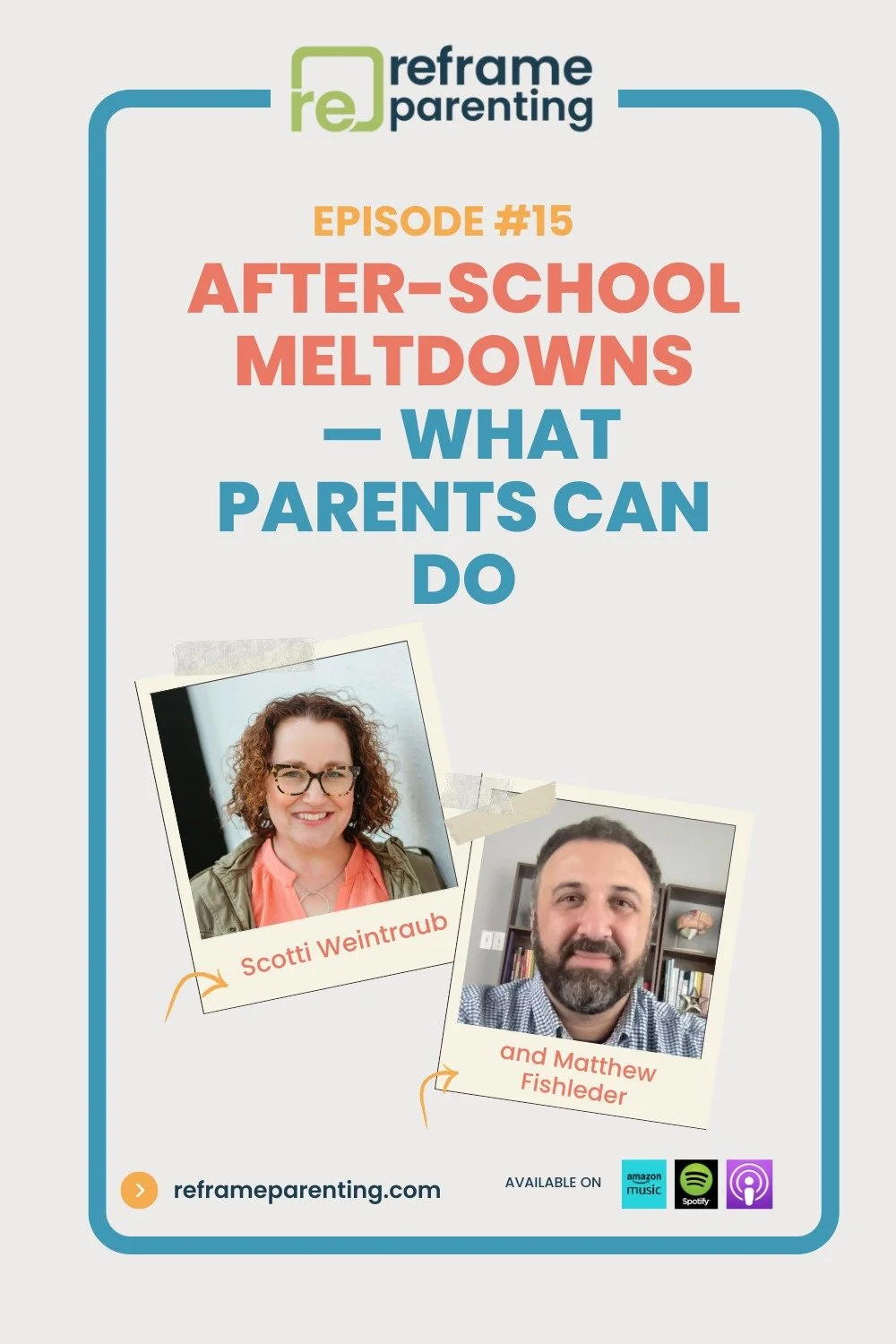How to Handle Classroom Behavior Problems: Tips for Parents
If you’re reading this, chances are you’ve gotten one of those emails or phone calls from your child’s teacher that sets your heart pounding like a bass drum.
I know just how stressful it is. Your mind starts racing with questions like “what did they do this time?”, "why can’t they just hold it together?”, “how can we make this stop?”.
The good news is that you’re not alone in dealing with behavioral challenges. Your child’s teacher wants to help them succeed just as much as you do! And the key to making that happen is communication. When we work together with teachers, sharing information and insights, we can start to unravel the mystery of our child's behavior.
Tips for effective communication with teachers:
- Lead with curiosity and ask open-ended questions like "What's working well?" or "What are some challenges you're seeing?" This helps you get a better understanding of what's going on in the classroom. It’s important to know what’s going well, not just what’s a challenge.
- Share your child's strengths, interests, and any relevant social or medical information that may be impacting them at school. The more teachers know about your child, the better they can support them!
-Don’t be afraid to ask for a meeting (or more than one!) to get a better picture of what’s really happening.
- Listen and take notes when you meet with teachers. They have potentially valuable insights to share, and listening makes it clear you want to work together. And jotting down next steps (and following up meetings with a brief email to summarize next steps) makes sure no one loses track of action items or ideas.
What if Behavior is Communication?
I bet you’re also worried that if you don‘t address the specific behavior, it will continue. That’s a fair concern, but what about thinking about behavior in a different way? Let’s take the approach of Dr Ross Greene that all behavior is communication?
If we focus on what’s behind the behavior and not the behavior itself, then we can get upstream and keep it from happening all together. For instance, if we focus on punishing our child because they can’t seem to turn in the homework they already completed, are we teaching them anything? What if instead, we focus on WHY aren’t they able to turn in that homework? Do they need more reminders? Do they need a new system support for their executive functioning in order to remember consistently?
We solve the underlying problem, not just punish the end result. It’s a major mind shift for a lot of parents (and teachers!). But it also it can free you up to see your child for who they really are and what they needs actually are right now. If they are having a hard time sitting still in class, maybe there’s something else going on that keeps them from being successful.
That's where collaborating with teachers comes in. Once you understand the why behind the behavior, you can work together to develop strategies to support your child.
Here are some collaborative approaches:
Come up with some ideas with the teacher about how you can both work to meet your child’s needs. What can you do at home to support those strategies in school?
Identify triggers and develop ways to mitigate them. What sets your child off, or are there certain times of the day, or atmospheres at school (it can be a loud and overwhelming place!) that are particularly challenging?
Explore accommodations, strategies, and modifications that can help your child succeed. What extra support do they need to thrive? Ask if your child’s needs rise to the level of needing more support through a 504 plan or an IEP.
Say thank you. Seems simple, I know. But teachers work hard and a sincere thank you for their efforts is always appreciated. These relationships are a two way street, so let’s make it the best possible one.
As you work with teachers to address behavior issues, you may find that you need additional support or guidance. That's completely okay! In fact, seeking help is a sign of strength, not weakness.
Additional resources are available to help parents:
- Reach out to your child's school counselor or therapist for additional guidance, ideas and insights to share with the teacher.
- Connecting with other parents or caregivers who may be facing similar challenges. Remember, you don't have to navigate this journey alone. Talking about these challenges normalizes that many parents struggle.
- Get tips and tricks for Powerful Partnerships with teachers with this easy to use workshop.
And if you’re interested, you may also get in touch with me and let’s work on this journey together!








